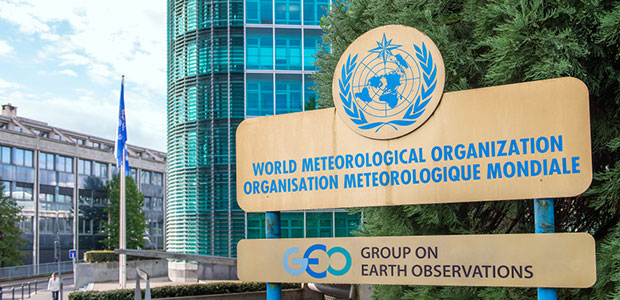The World Meteorological Organisation(WMO) has said that weather forecast is not enough to mitigate the impact of climate change on the environment.
Representative of WMO for North, Central and West Africa, Bernard Gomez, disclosed this in his address at the commemoration of the 2022 World Meteorological Day in Abuja.
According to him, weather, climate, and weather extremes are fast becoming more frequent in many parts of the world because of climate change.
He noted that Sub-saharan Africa including Nigeria for instance is more exposed to the hazard owing to growth, urbanisation and environmental degradation.
“So forecasts of what the weather will be are no longer enough. (Rather) impact-based forecasts of informing the public of what the weather will be are vital to saving lives and livelihoods,” he said.
Read also: Nigeria, UK launch NECAL to address climate change
While noting that a significant number of people are not adequately covered by climate-related annual warning systems, he said there was the need for impact-based forecast, describing it as more vital.
Also speaking during the event, Director-General, Nigerian Meteorological Agency, Prof. Mansur Matazu, noted that NiMET, Nigeria Hydrological Services Agency and disaster managers must work in synergy to reduce risks associated with weather-related disasters.
According to him, this would assist in better national prevention, preparedness and response strategies.
“An example of best practice is the adoption of co-production techniques in the Seasonal Climate Prediction of NiMET which has over the years served as a multi-stakeholder early warning tool,” Matazu said.
Story was adapted from Punch.
